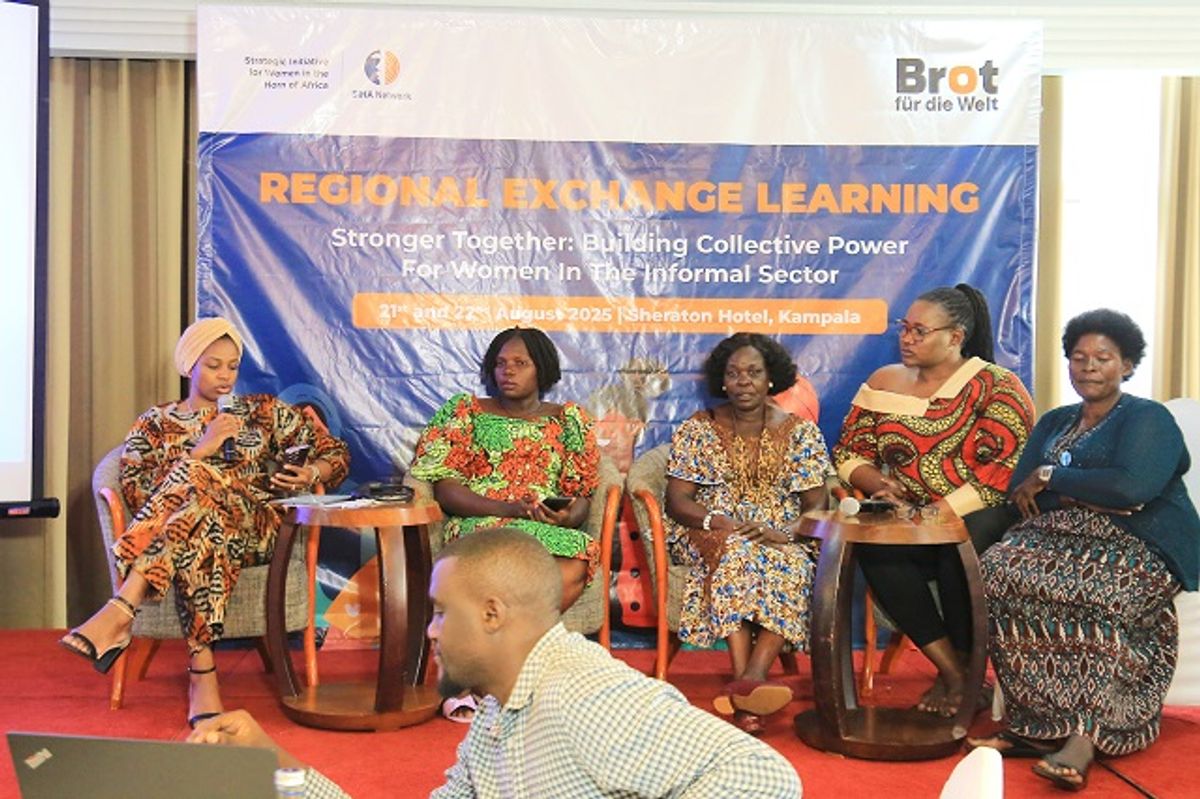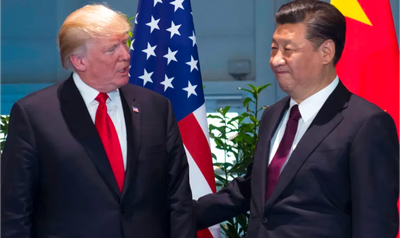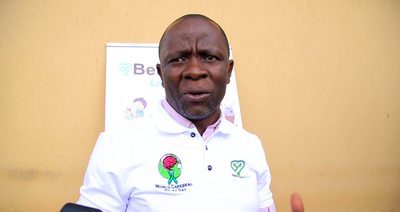
Business
Arua’s Women Market Vendors Demand Urgent Action on Harassment, Poor Conditions, and Financial Exclusion
Women market vendors, the backbone of Uganda’s food supply and local trade, are calling for urgent reforms to address unsafe working environments, widespread harassment, and exclusion from financial and governance systems in markets across Arua City.
A new study by the Strategic Initiative for Women in the Horn of Africa (SIHA) Network, conducted in nine markets, paints a grim picture of neglect. According to the findings, 62 per cent of women vendors had experienced physical or psychological harassment, while 17.8 per cent reported facing sexually suggestive gestures and 11.8 per cent endured sexually explicit comments. Alarmingly, only 9 per cent of these cases were ever reported, as many women feared reprisals or had little trust in authorities.
Beyond harassment, the study revealed that 88 per cent of vendors lack protective stalls, while sanitation remains inadequate and poor waste management exposes traders to persistent health risks. Women with disabilities are especially marginalised, with only Arua Main Market offering basic accessibility features.
Hala Alkarib, SIHA Network’s Regional Director, condemned the situation as intolerable. “No woman should live in dread—whether walking the streets or simply working to support her family. Women vendors deserve social and economic protection, alongside access to justice,” she said.
The report also underscored financial exclusion as a major challenge. Many vendors remain locked out of public financing schemes such as the Parish Development Model and Emyooga, which they describe as bureaucratic, inaccessible, and poorly tailored to their realities. As a result, many resort to expensive informal credit.
To address these issues, SIHA called on Arua City Council to prioritise market safety and inclusivity by improving drainage, lighting, sanitation facilities, and stalls, while setting up reporting desks for survivors of violence and ensuring women’s representation in governance. It also urged the central government to enforce gender and labour laws in informal markets, expand healthcare and legal aid, and reform financing schemes to be more gender-responsive.
On the international front, the report appealed for greater investment in safe and inclusive market infrastructure, support for women’s cooperatives, fair access to credit, and independent monitoring of financial disbursements.
For some, vending has been a pathway to resilience and leadership. Hon. Gloria Teddy Yako, City Speaker of Arua, shared her story: “As a woman market vendor, I have been able to feed my family, pay school fees, and even support one of my children to pursue a PhD. With support from SIHA, I trained in leadership and advocacy, and today I serve as City Speaker. Women market vendors are sustaining families and driving economies. With the right investment, we can also become leaders and decision-makers.”
The findings were unveiled at a Regional Learning Exchange in Kampala, organised by SIHA Network with support from World | Brot für die Welt. The event brought together more than 50 participants from Uganda, Ethiopia, Somalia, South Sudan, and Sudan, including policymakers, civil society groups, and women market vendors themselves.
Uganda’s informal markets remain a vital lifeline for millions of households. Yet for the women who dominate these spaces, they are also places of vulnerability and exclusion. The message from Arua’s women vendors is unmistakable: they are sustaining communities, but without urgent reforms, they remain unsafe and unheard.














Roswell Mbabazi
Leave a Comment
Your email address will not be published.